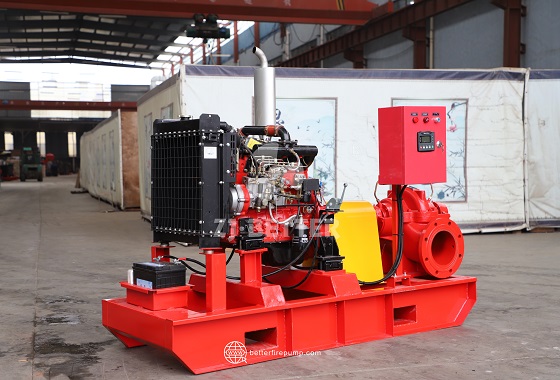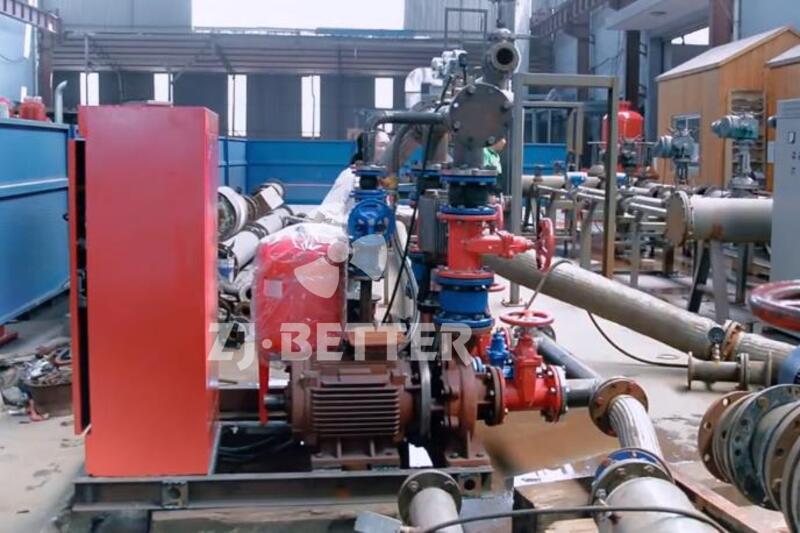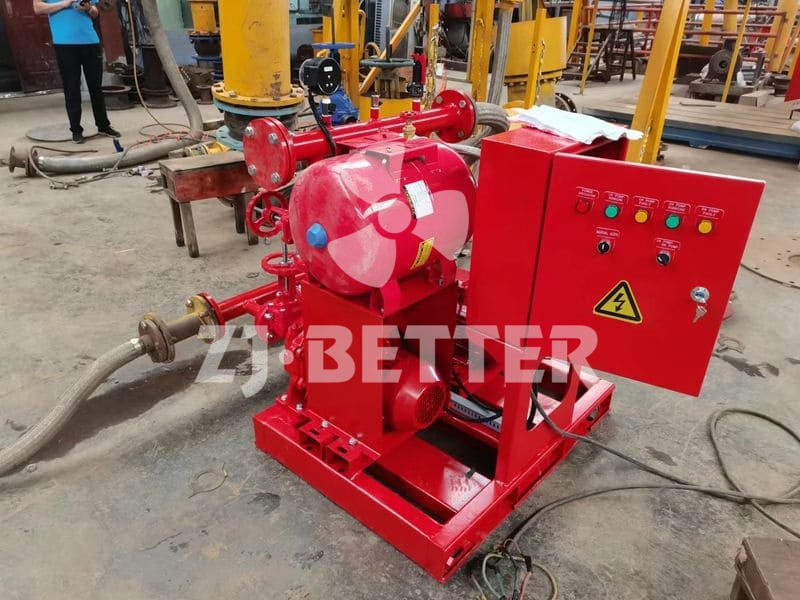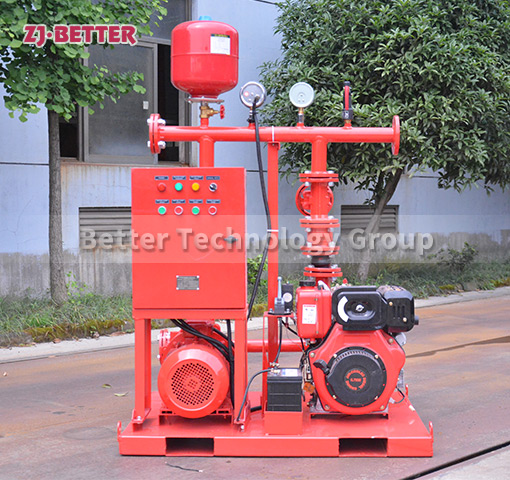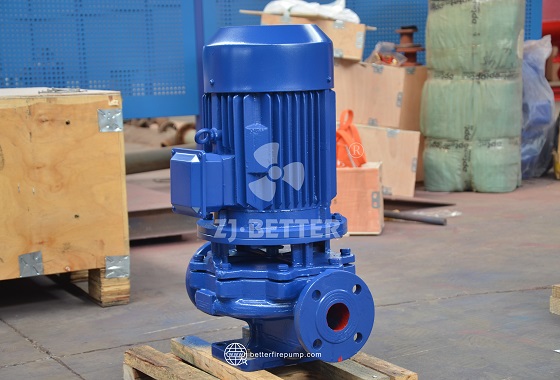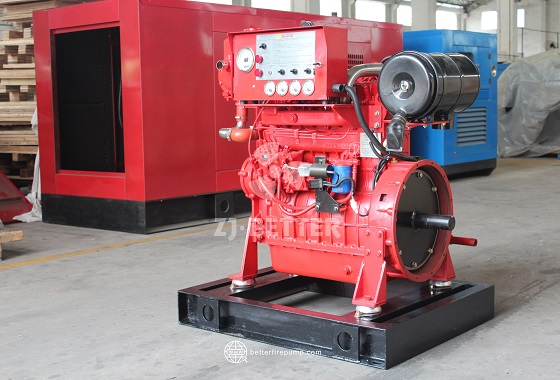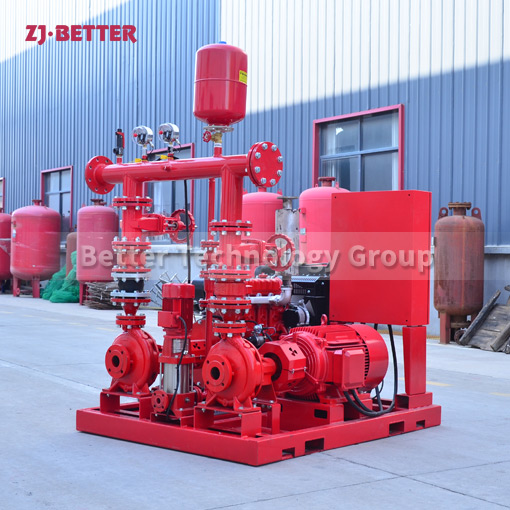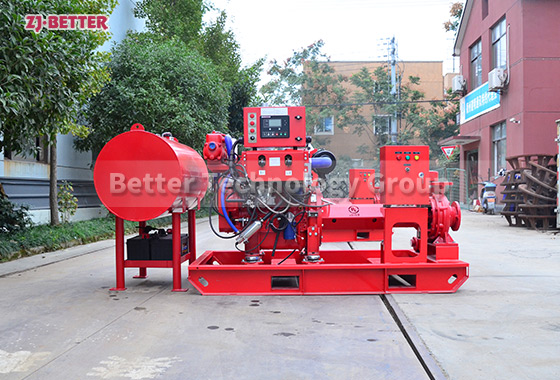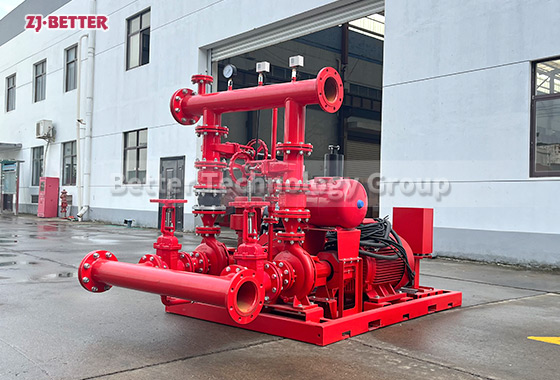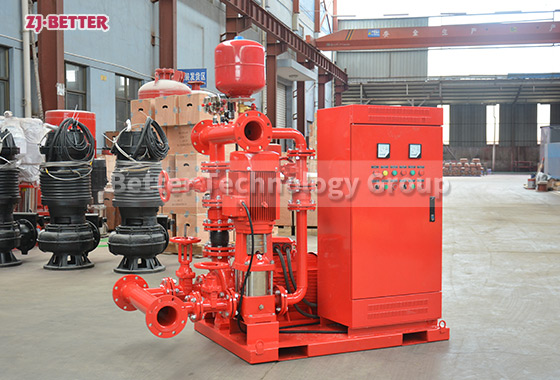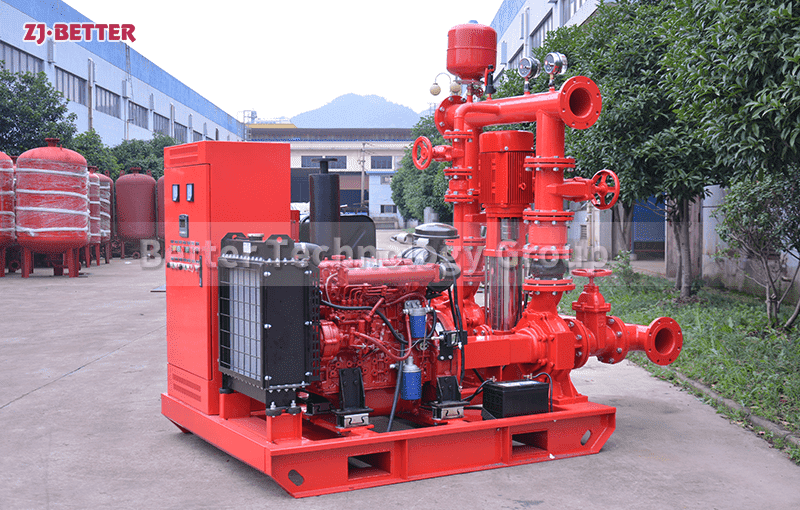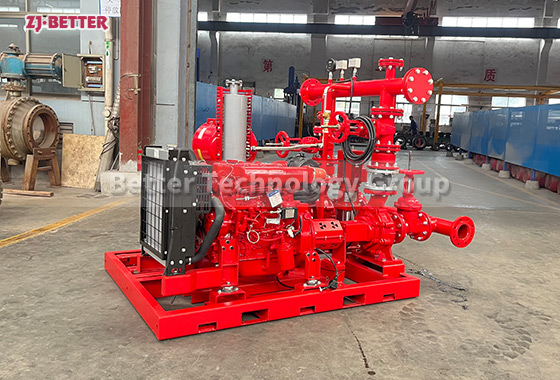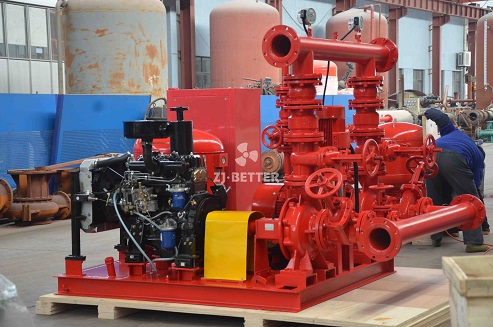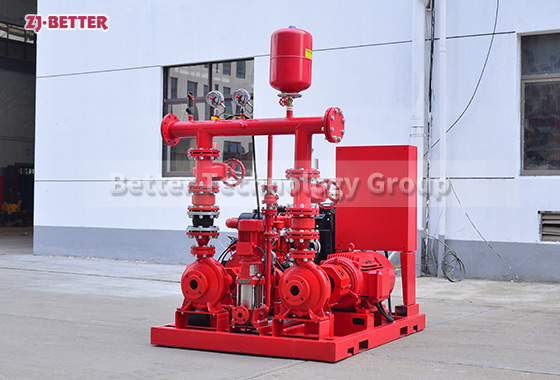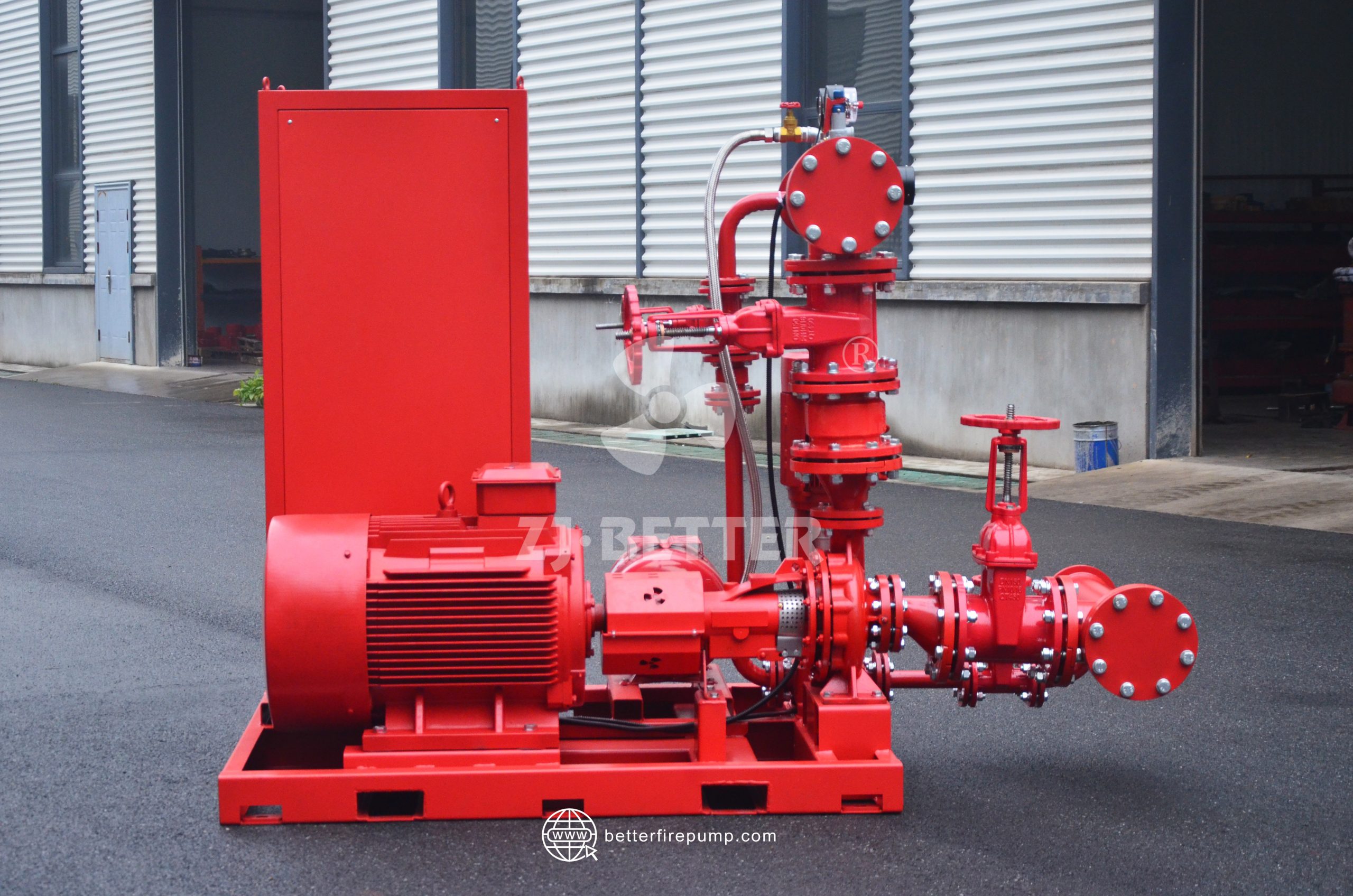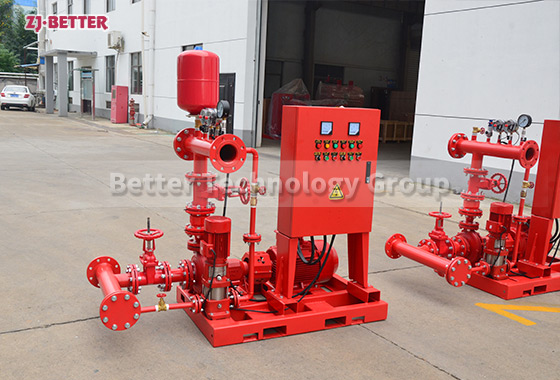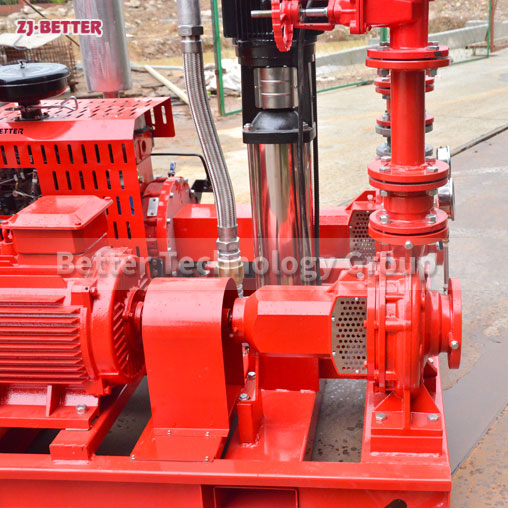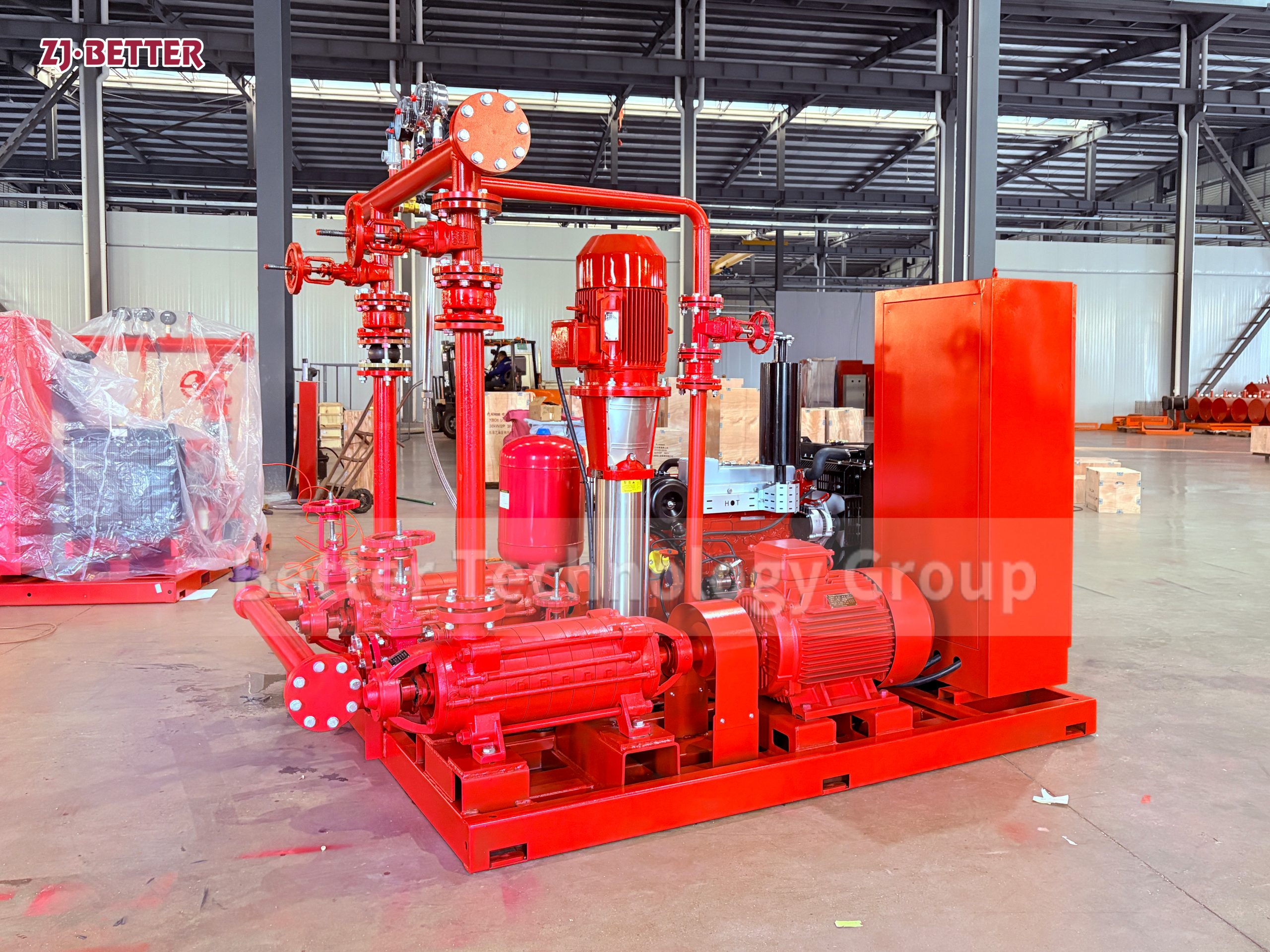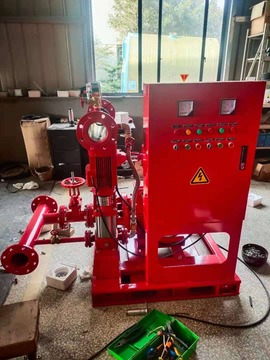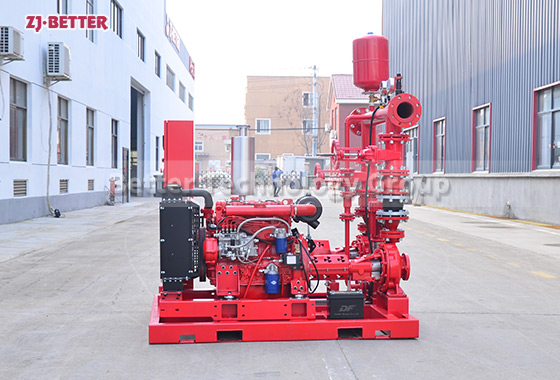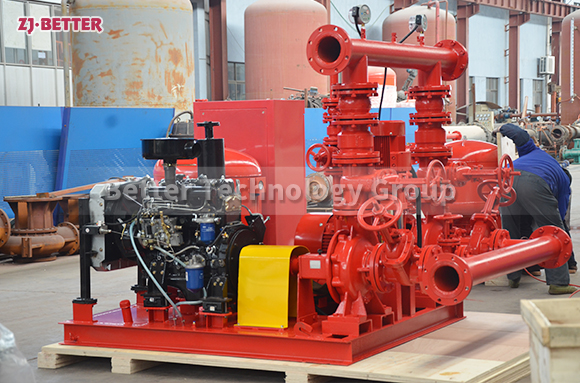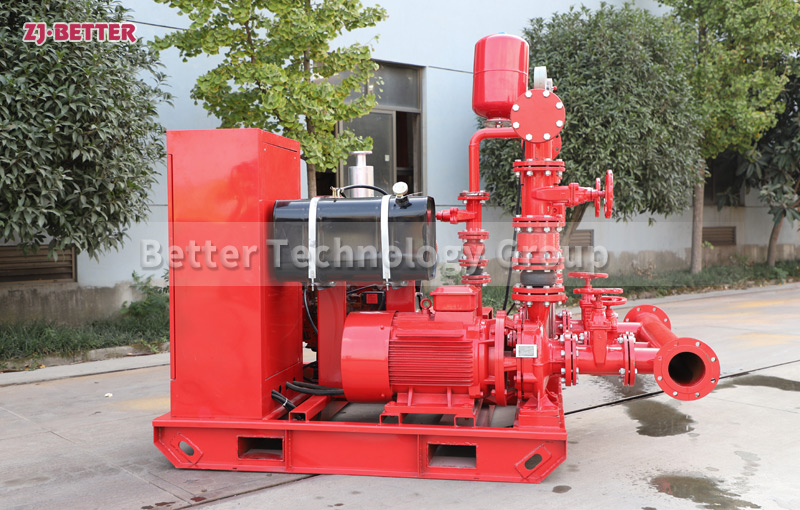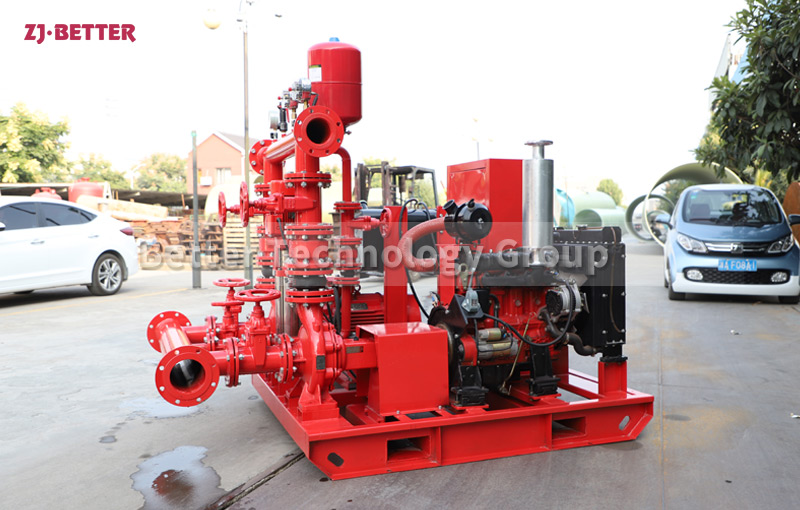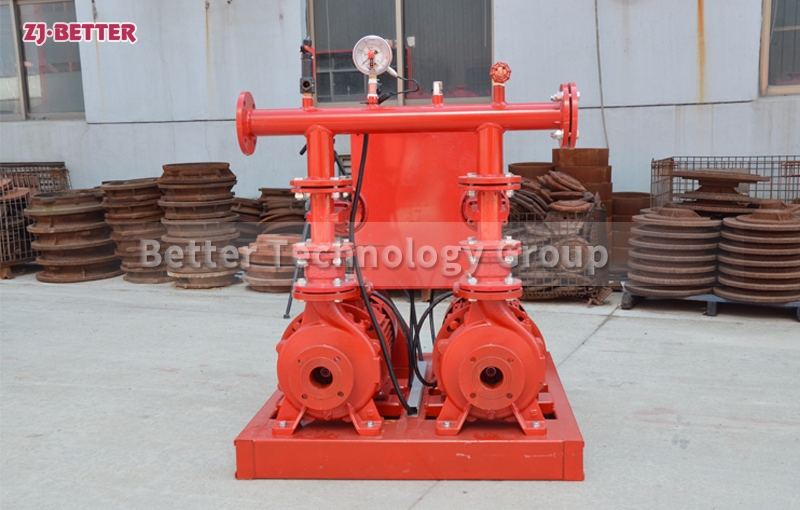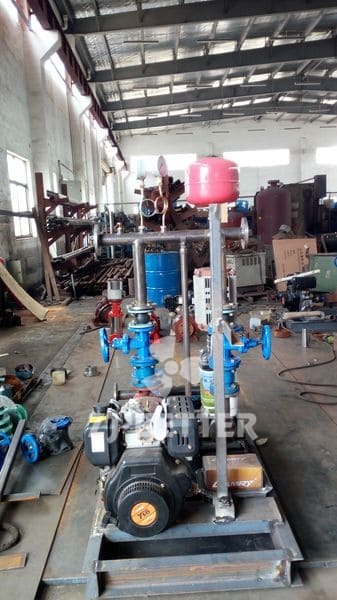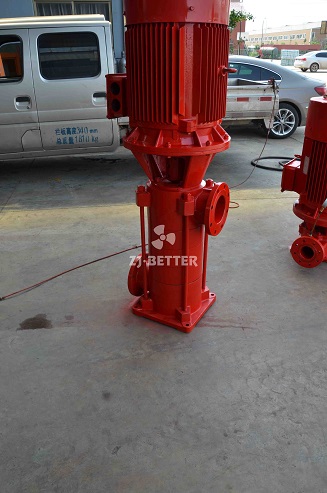Best Choice for Power Outages: Independently Operating Diesel Fire Pump
Standalone diesel fire pumps are ideal for responding to power outages. They offer strong power output, automated control, energy conservation, environmental protection, and high reliability, ensuring continuous water supply at critical moments. They are widely used in high-rise buildings, industrial plants, and disaster response, providing stable protection for fire safety.
The best choice for dealing with power outages: Standalone diesel fire pumps have become a crucial cornerstone of modern firefighting systems, ensuring urban safety and industrial stability. Their independent operation and stable water supply are particularly crucial during critical firefighting situations, especially during power outages. The key advantage of diesel fire pumps is their ability to start, stop, and operate independently, independent of the external power grid. This means they can start and maintain a strong water flow in record time, even during widespread power outages, natural disasters, or power fluctuations, buying valuable time for firefighting operations. In terms of performance, standalone diesel fire pumps are equipped with a high-efficiency diesel engine and a specialized pump system, designed with stability and high load requirements in mind. The engine boasts powerful power output, reaching rated speed in a fraction of a second and maintaining smooth operation, ensuring a continuous water supply in challenging environments. The pump’s optimized design and wear-resistant reinforced construction ensure exceptional stability and reliability, even during extended operation or under high head and flow demands. This structural advantage not only extends the pump’s lifespan but also enhances its performance in a variety of emergency situations. Unlike fire pumps that rely on electricity, diesel fire pumps are fully autonomous. Their control systems are fully automated, instantly activating upon receiving a fire signal or a pressure drop. Intelligent control modules ensure a smooth and precise startup process, significantly reducing potential safety hazards caused by manual delays. This increased level of automation not only reduces manpower but also ensures a rapid response to early fires, providing a preemptive opportunity for firefighting. The pumps are also equipped with multiple safety mechanisms, including low oil pressure alarms, high water temperature alarms, and low fuel warnings. These alarms automatically sound warnings and even initiate protective shutdowns in the event of an abnormality during operation, preventing further damage from equipment failure. Fuel efficiency is a key performance indicator for diesel fire pumps. Modern, self-contained diesel fire pumps incorporate energy-saving concepts into their engine designs. Their injection systems are precisely optimized to maintain power output while effectively reducing fuel consumption. This reduces operating costs while aligning with energy conservation and emission reduction trends. Furthermore, their environmentally friendly exhaust system effectively reduces exhaust emissions and noise pollution, further enhancing their compliance with modern industrial and urban environmental standards. This optimized environmental performance makes the diesel fire pump not only an emergency response device but also a safety assurance tool that aligns with the concept of green development. Maintainability and reliability are also core advantages. The independently operated diesel fire pump is equipped with a self-check function. Before each startup, the system automatically checks the engine status, pump operating conditions, and control module signals to ensure there are no potential faults before entering operation. This preventative mechanism significantly reduces the risk of sudden downtime and ensures high availability in emergency situations. Furthermore, the equipment features a user-friendly maintenance design. Its modular structure facilitates maintenance and parts replacement, reducing the difficulty and time cost of routine maintenance and ensuring that the fire protection system remains in optimal condition over the long term. In terms of application scenarios, the independently operated diesel fire pump is widely used in high-rise buildings, industrial plants, transportation hubs, warehouses and logistics centers, and areas with unstable or no power supply. In these environments, it is not only a core device for emergency water supply, but also a critical component in ensuring the stability of the overall fire protection system. For example, in the event of a large-scale power outage caused by natural disasters such as earthquakes, typhoons, or floods, the diesel fire pump can independently start and maintain water supply immediately, facilitating rescue operations and preventing the spread of fire. Its ability to adapt to complex environments also means it can handle demanding conditions such as high temperature, high humidity, dust, or corrosive gases, ensuring the fire protection system remains operational even in extreme conditions. Furthermore, standalone diesel fire pumps offer robust scalability, enabling integration with automatic sprinkler systems, fire hydrant systems, and remote monitoring platforms to achieve a higher level of fire safety management. Remote monitoring allows managers to view the pump unit’s operating status, fuel consumption, and alarm logs in real time, enabling timely assessments and instructions even when not on-site. This intelligent management approach significantly improves the fire protection system’s response efficiency and management accuracy. Overall, the best option for dealing with power outages is undoubtedly a standalone diesel fire pump. Its unique advantage of not relying on an external power source ensures critical reliability. Its strong power output and continuous operation provide reliable support for firefighting. Its energy-saving and environmentally friendly design aligns with future development trends. Its automated and intelligent features further enhance the efficiency of emergency response and daily management. It is more than just a simple fire pump; it is a comprehensive solution that integrates efficiency, safety, reliability, environmental protection, and intelligence, representing the future direction of modern firefighting equipment. With the acceleration of urbanization and the continuous improvement of the demand for complex scenarios, independently operated diesel fire pumps will become the core equipment in the construction of future fire protection systems, providing more solid protection for public safety and emergency management.



